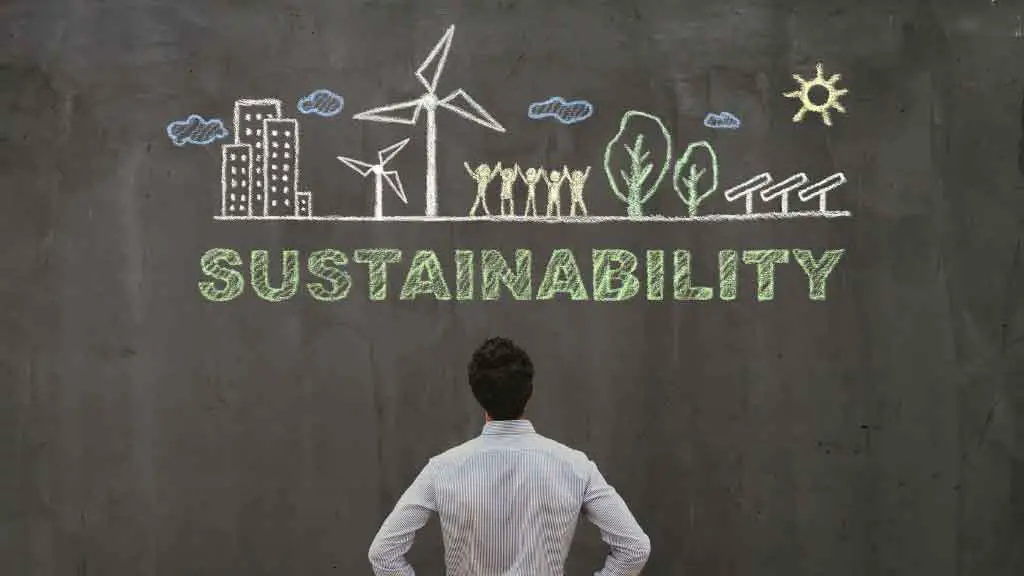We all know that land provides important economic services and environmental functions. These also include regulating and provisioning services. Moreover, the land is also directly linked to human well-being inextricably, as it plays a vital role in livelihoods and food security. However, when land resources are degraded or over-exploited, it will negatively impact the quality of life.
To combat and mitigate land degradation, diversification, and drought, UNCCD is using sustainable land management as a key role. Sustainable land management uses a holistic approach to preserve services and functions offered by land in the longer term.
Even though sustainable land management is becoming increasingly popular. Still, people don’t know why are sustainable land management practices important? So, here we will learn more about it.
Sustainable land management
Sustainable land management refers to the procedure relying on knowledge to positively steward the land, water, and other important environmental resources. The basic motivation of sustainable land management is to meet human needs while maintaining ecosystems and services that contribute to the quality of life.
Sustainable land management is an essential part of how to be more eco-friendly. It has become critical to meet the needs of a growing population effectively. Moreover, sustainable land management is also important to prevent degradation and drought and maintain positive living conditions.

Sustainability and climate change
One of the key reasons to be more sustainable is that the practice offers us a better environment. Maintaining effective nurturing practices to keep the land more fruitful was just a matter of cultivating the ground and making some changes to see results. However, the stakes at present are higher because of climate change. Seasons are more unpredictable, so people have started carrying out aggressive cultivating practices.
- Using less water for soil cultivation is the best how to be more eco-friendly and good sustainable land management practice. Any watering system leaving a lot of water behind doesn’t contribute to sustainability practices.
- Therefore, it is best to combat climate change and use a watering system that keeps soil moisten without running over.
- Another effective way of combating climate change is to avoid using toxins. Chemicals harm your soil and decrease crops.
Many people practicing Sustainable Gardening for the Southeast are moving away from toxic chemicals. They prefer sustainable gardening practices by finding effective ways to keep pestilence naturally away from their vegetation.

Why are sustainable land management practices important?
Sustainable land management practices don’t only reduce the cost and work of managing landscapes. Sustainable gardening can also benefit your surrounding environment in the best possible way.
However, do you want to know why are sustainable land management practices important? Then here, we have enlisted some important reasons to consider in this regard.
So, here we go:
Sustainable land management limits carbon emission
Artificial fertilizers and chemicals are a major source of carbon emissions in land management practices. Fortunately, sustainable land management keeps you from using these chemicals and fertilizers. This practice will ultimately limit the carbon emission and reduce the energy consumption required to manufacture these products.
Prevents water wastage and pollution
Most importantly, sustainable land management ensures lower water consumption while cultivating the soil. This practice consequently reduces the wastage of water dramatically.
Moreover, a sustainable garden also ensures the prevention of water pollution. Water is a highly valuable resource. Sustainable land management lets you avoid using any additives that can pollute water resources to avoid water pollution effectively.
Benefits endangered species by promoting biodiversity
With the increase of urbanization, sustainable gardens can promote biodiversity. These gardens function as wildlife heavens, especially those close or adjacent to natural areas. Moreover, sustainable gardens with native plants offer habitat and food to local indigenous fauna. These are also places where conservation can be practiced.

Reduces harm to wildlife
The use of artificial chemicals in land management impacts wildlife’s reproduction and growth capacity. According to a review study, all vertebrates, including amphibians, reptiles, fish, and mammals, experience these side effects of artificial chemicals.
Fortunately, sustainable land management practices avoid using chemicals and achieve disease and pest control through natural methods.
Reduces weed spread
Natural areas invasion by weeds is a big problem occupying National parks and reserves managers. However, in sustainable gardening, you more often plant native species. The use of local plants in your landscaping keeps nonnative weeds or invasive species from dispersion in natural areas. This sustainable landscaping practice consequently keeps the population of weeds in check. Also, it will reduce the need to use chemical-based herbicides and pesticides, which will ultimately reduce pollution.
Final words
With the rapid climate change, it has become critical to understand why are sustainable land management practices important. Sustainable living is virtually impossible without SLM practices. Even though recycling plays a vital role in sustainability, we all know how recycling materials can lead to environmental stability. However, sustainable gardening has become key to combating climate change over time.


















